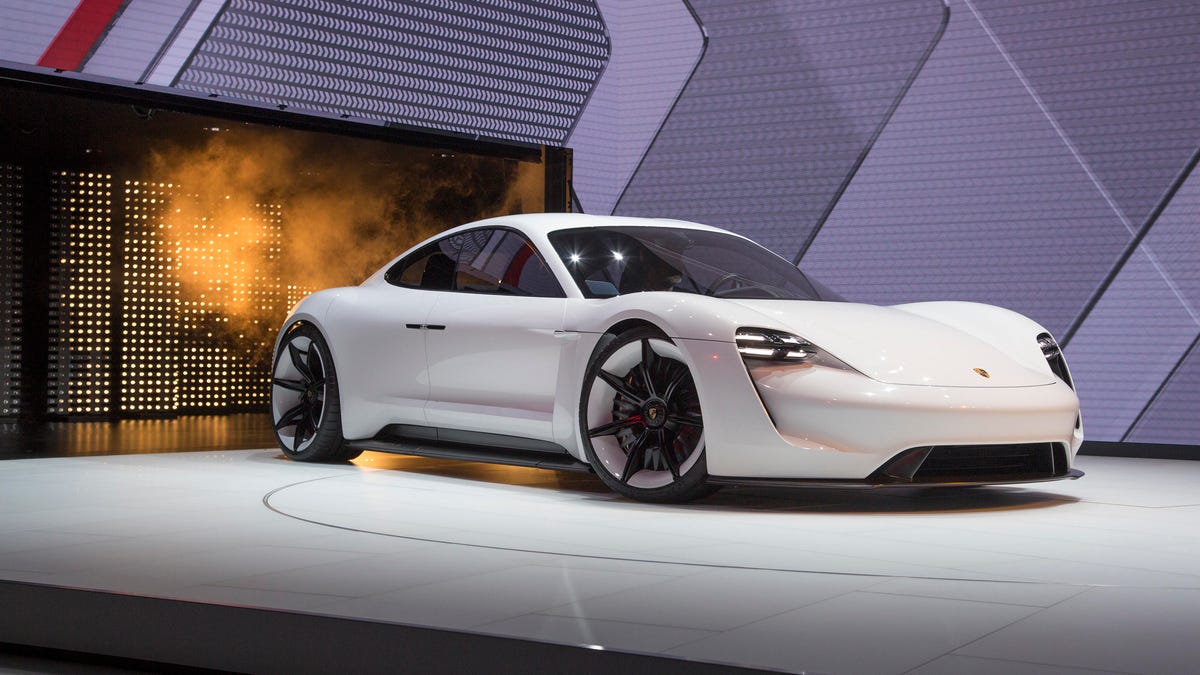Porsche ditches diesel to focus on electrification
Its first EV, the Taycan, should be revealed next year.

Over the past decade or so, Porsche has offered diesel variants within in its lineup. But that grand experiment will come to a close this year.
Porsche announced Monday that it will stop selling vehicles equipped with diesel engines. "Porsche is not demonizing diesel. It is, and will remain, an important propulsion technology," Oliver Blume, CEO of Porsche, said in a statement. "We as a sports car manufacturer, however, for whom diesel has always played a secondary role, have come to the conclusion that we would like our future to be diesel-free."
With Porsche's first EV, the Taycan, slated for an official debut in 2019, Porsche has clearly made the decision that it wants to pursue electrification without any distractions. "Our aim is to occupy the technological vanguard," Blume said. "We are intensifying our focus on the core of our brand while consistently aligning our company with the mobility of the future."
Electric motors can do some pretty righteous things in the right hands, and Porsche would definitely qualify as "the right hands."
That distraction, otherwise known as Dieselgate, tarnished the company's cachet in a profound way. Porsche's parent company Volkswagen Group in 2015 admitted to modifying its diesel engines, so that the vehicles would appear to comply with laboratory emissions tests, only to pollute to illegal excess once the vehicles were on the road. In the years that followed, Volkswagen ponied up tens of billions of dollars in buybacks, repairs and clean-energy campaigns to help make up for that mess.
Volkswagen Group itself has slowly moved away from diesels, although it does still sell them, as they still command a high enough chunk of sales in markets outside the US. But with its flexible MEB battery-electric vehicle platform in the works, which will accommodate a wide variety of vehicle shapes and sizes, Volkswagen seems intent to shift its focus toward electrification.
Porsche's first production EV, the Taycan, seems like it'll be every bit the sports car that Porsche wants it to be. With two electric motors drawing juice from about 90 kilowatt-hours' worth of battery, the Taycan should put out about 600 horsepower and hit 60 mph in around 3.5 seconds. Using Porsche's 800-volt charging system, it should be able to replenish about 250 miles of range in about 15 minutes.
Originally published 6:55 a.m. PT.
Update, 7:29 a.m. PT: Added manufacturer statement.
Porsche Taycan first drive: It might not be out for a while, but we took a spin in one of Porsche's prototypes.
Porsche 911 Turbo S Review: Porsche's gas-engined cars are still an absolute riot.

